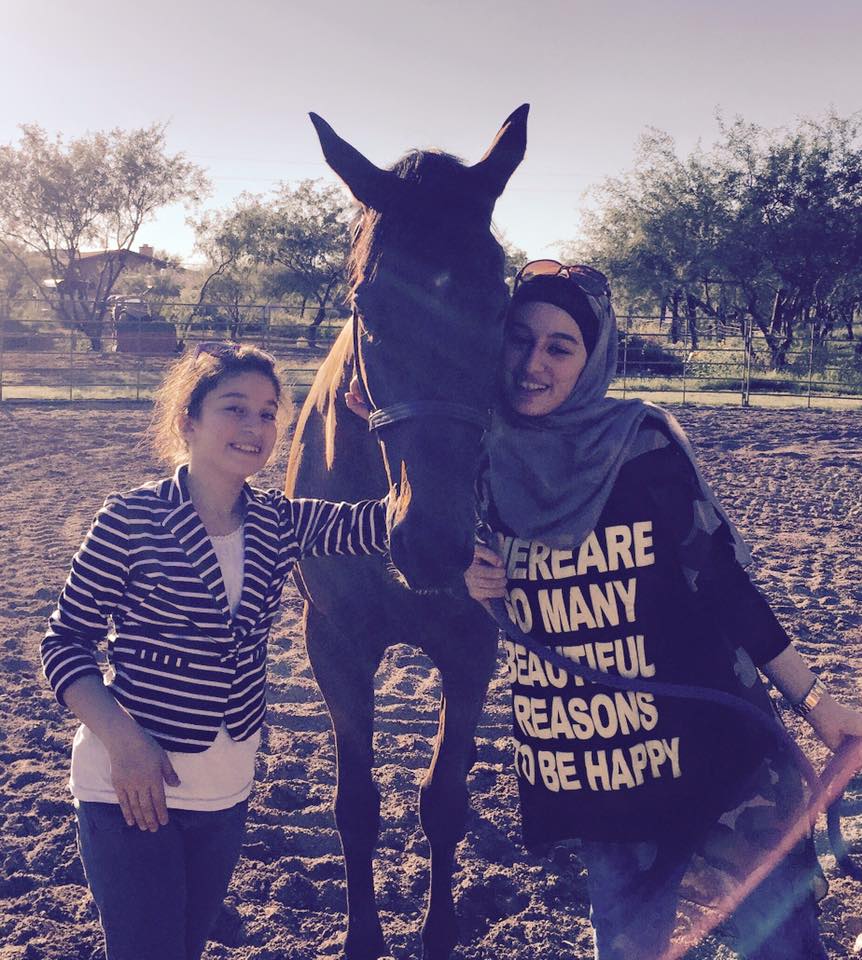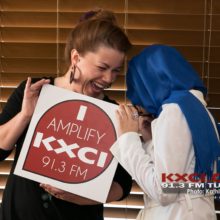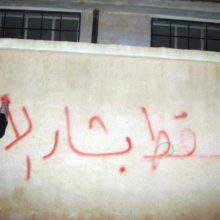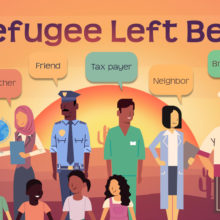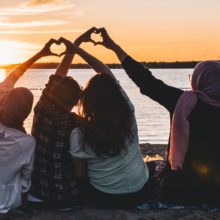In episode six of Mn Huna: Finding Refuge in Friendship Houda brings us to her high school at the beginning of the war, when she was fourteen years old, after her father’s arrest and release.
The story Houda tells in this episode is jarring, distressing, upsetting. Houda’s mother told Melanie the story first—through gesture, expression, and the limited English/Arabic of Google Translate. The vague outlines of the story took shape—but the distress of a mother and desire to protect her children from the unimaginable was absolutely clear.
In fact, 14-year-old Houda kept the details of this story from her parents until the school year was over. She feared that they would pull her from school if they knew. But she was determined to continue her education.
The first time Houda told Melanie this story, she told it matter-of-fact: this is a thing that happened to me, but it isn’t nearly as bad as things that happened to other people. Houda’s family is fortunate, it’s true. Despite being separated, their family is intact. They have lost their home and their country, but they have not lost each other. None of the children and neither of the parents died in the war. None of them has been physically maimed.
But, as Houda says in this episode, “Every day fear killed a little part of me.”
Houda wasn’t sure that this story was newsworthy, wasn’t sure that it was worth sharing when there are so many stories she knows that seem so much worse. When she first told Melanie the story, she told it as if it were an ordinary occurrence. Normal life. Through conversation with her American friends, her awareness started to shift.
هدى/Houda: من هنا : لعل الخوف يتحول الى مستقبل جميل
Melanie/ميلاني: From here, on the other side of fear, I am finding a beautiful future.
Listen Now
